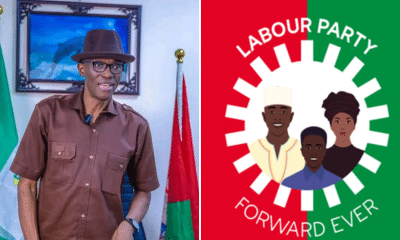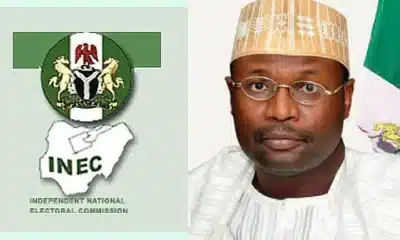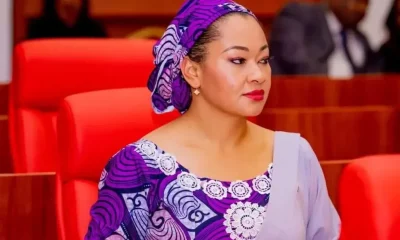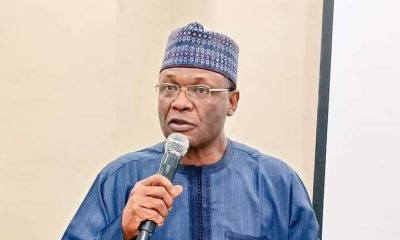Nigeria News
INEC Reaffirms Commitment To Electoral Integrity Ahead Of 2027 Elections
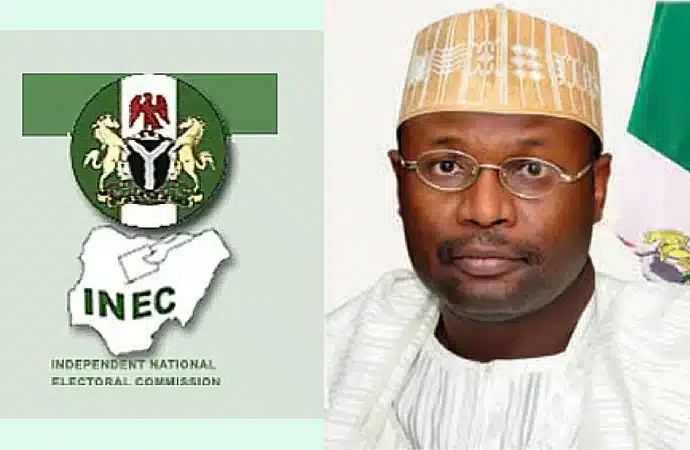
The Independent National Electoral Commission (INEC) has reaffirmed its commitment to improving Nigeria’s electoral processes in preparation for the 2027 general elections, emphasizing the importance of public scrutiny through election petitions.
At the presentation of the report titled “From Ballot to the Court,” an analysis of election petition litigation from the 2023 general elections, INEC Chairman, Mahmood Yakubu, commended the Policy and Legal Advocacy Centre (PLAC) for its thorough research on electoral development.
Naija News reports that Yakubu, represented by the Commission’s Director of Litigation and Prosecution, Tanimu Inuwa, emphasized INEC’s openness to constructive criticism and ongoing partnerships with civil society organizations.
Yakubu highlighted the positive outcomes observed in the 2023 general elections, noting that a significant number of election petitions had succeeded, indicating the strengthening of Nigeria’s electoral framework.
He attributed the success of these petitions to improvements in election administration and affirmed INEC’s commitment to holding a credible and reliable election in 2027.
“There may be so many factors to that, as analyzed by the report, but it shows that election administration in Nigeria has greatly improved.
“The Commission will do its best come 2027 to have a credible, reliable election,” Yakubu said.
Despite these advancements, the INEC Chairman expressed concerns about the high number of unsuccessful election petitions.
According to the report, 88.9% of the 895 cases analyzed at the Election Petition Tribunal failed, while only 11.1% succeeded. At the Court of Appeal, 79.4% of 588 election appeals were unsuccessful, with just 20.9% succeeding.
Yakubu acknowledged that the trend of unsuccessful petitions raises concerns about the effectiveness of Nigeria’s electoral dispute resolution system.
He also pointed out that the margins between winners and runners-up in many contests have narrowed significantly. “You will notice that the difference is very thin. It is not as bogus as it used to be,” he added.
The report “From Ballot to the Court,” compiled by PLAC with support from the European Union, offers an in-depth analysis of post-election litigation, shedding light on the judiciary’s critical role in electoral outcomes.
In his remarks, PLAC Executive Director Clement Nwankwo expressed concerns about the growing surge in post-election litigations, calling it a worrying trend. He noted that the judiciary has become a crucial component of election management in Nigeria.
Nwankwo recommended legislative reforms and called for better conduct from electoral bodies. He also urged the judiciary to invest in capacity building, especially for judges handling election disputes, to ensure the integrity of the election process moving forward.



